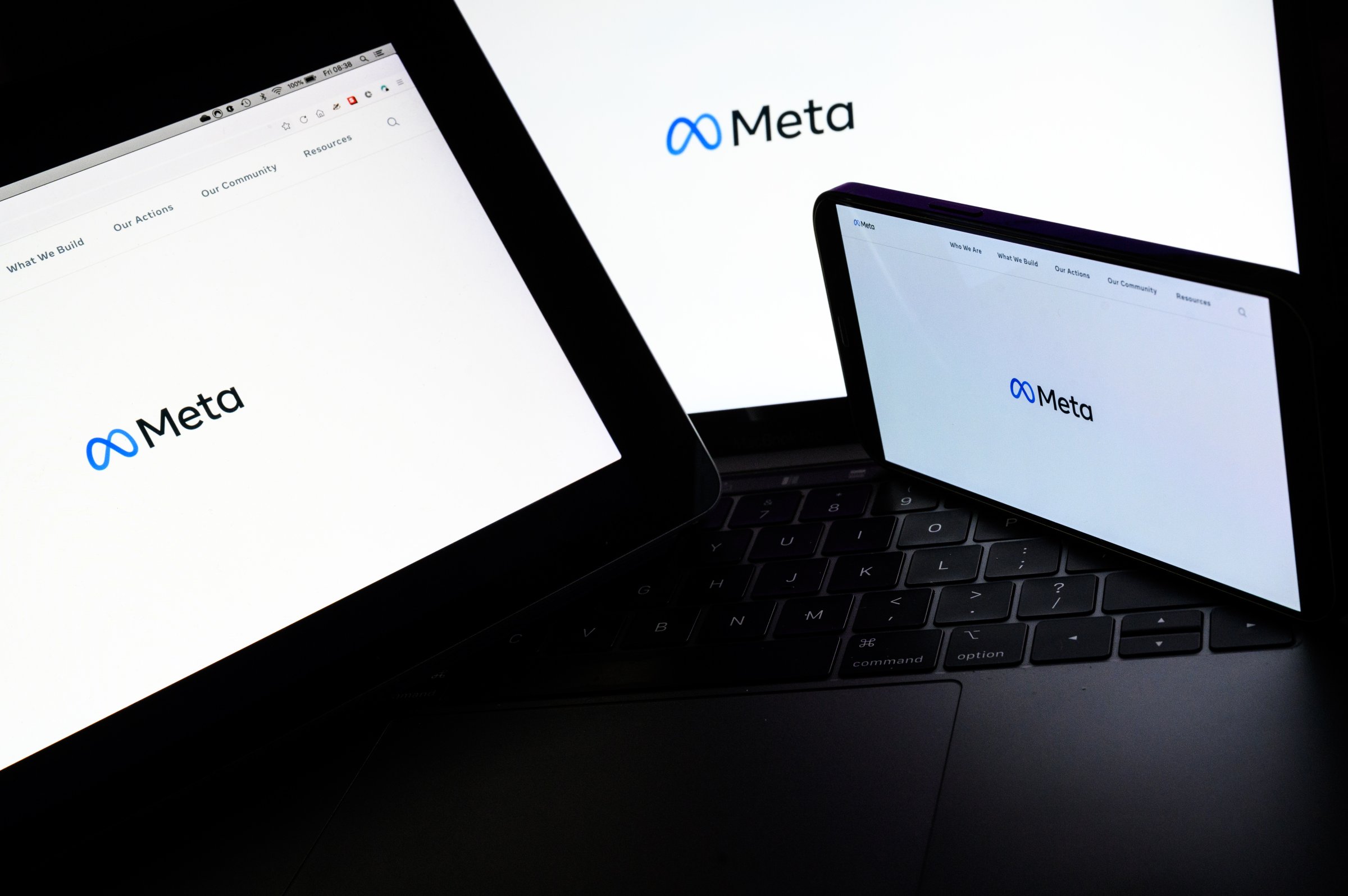
Meta Platforms Inc. said UK online safety legislation “risks people’s private messages being constantly surveilled and censored” unless it’s changed, adding to a long list of complaints recently lodged against the proposed law.
The sweeping Online Safety Bill is winding its way through Parliament and it’s intended to come into force next year. The government has estimated it will apply to more than 25,000 services.
The bill still faces possible amendments, but a draft pushes the very biggest social media and search engines to help people avoid “legal but harmful content” on their so-called user-to-user services, Meta said.
Read More: Meta Is One of The 2022 TIME100 Most Influential Companies
That doesn’t distinguish between messaging and public social media, and could imply “scanning all private messaging,” WhatsApp and Facebook owner Meta argued in written evidence published Wednesday, adding to a list of concerns and proposed amendments published since the draft bill’s publication in March.
“Tech firms have failed to tackle child abuse and end-to-end encryption could blind them to it on their sites while hampering efforts to catch the perpetrators,” a spokesman for the Department for Digital, Culture, Media and Sport said by email. “As a last resort Ofcom has the power to make private messaging apps use technology to identify child sexual abuse material – this can only be used when proportionate and with strict legal privacy safeguards in place.”
The range of submissions reflects the proposed law’s breadth and complexity. Lawmakers have received letters from Silicon Valley giants, news publishers, religious groups, broadcasters, insurers, the LEGO Group, e-cigarette manufacturer Juul Labs, dating app Bumble, animal rights advocates, and more.
Meta has also received its own criticism around perceived censorship, misinformation, and controversies over training politicians who later used Facebook to spread propaganda. A representative for Meta declined to comment on these stories, but said they support the introduction of regulations.
Within the submissions, Twitter Inc. said it’s concerned about issues in the bill around freedom of expression as well as the precedent that could be set by the bill’s threat of criminal sanctions. It added that exemptions around journalism should be removed due to the risk of exploitation by “bad faith actors”.
Alphabet Inc.’s Google said the bill appears to incentivize “automated general monitoring, and over-removal, of content.”
(Updates with DCMS comment)
More Must-Reads from TIME
- Donald Trump Is TIME's 2024 Person of the Year
- Why We Chose Trump as Person of the Year
- Is Intermittent Fasting Good or Bad for You?
- The 100 Must-Read Books of 2024
- The 20 Best Christmas TV Episodes
- Column: If Optimism Feels Ridiculous Now, Try Hope
- The Future of Climate Action Is Trade Policy
- Merle Bombardieri Is Helping People Make the Baby Decision
Contact us at letters@time.com